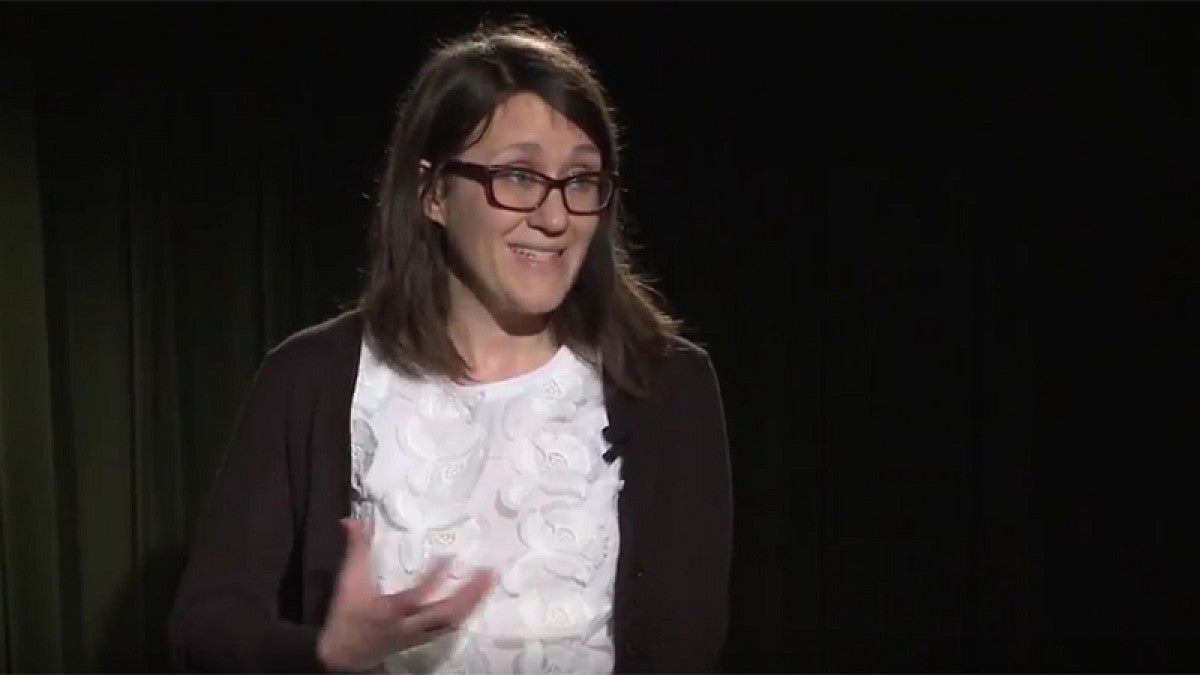UO sociology professor Jill Ann Harrison recently visited the “UO Today” set to discuss her book, “Buoyancy on the Bayou: Shrimpers Face the Rising Tide of Globalization,” a look at what globalization has done to the shrimping industry in Louisiana.
Harrison received her master’s and doctorate degrees from The Ohio State University after attending undergrad at Youngstown State. She has been teaching at the UO since 2009. Her book, along with her current research on Rust Belt revival, focuses on the connections between workplace and identity.
Harrison became interested in Louisiana after she graduated college and participated in an AmeriCorps program that took her there.
“At the time it was a very new place for me; I had never lived anywhere but Ohio,” she said. “The town was thriving with shrimp boats and it was clearly a very occupational community, where shrimping was as big a part as was oil. I kept going back, and each time I would visit I would hear about shrimping declining. The lower cost of imported shrimp has really squeezed prices for shrimpers, so I was witnessing in real time the industrialization process.”
She was in graduate school at the time, and the chance to study the process of occupational decline as it was happening was too good to pass up.
For this project, she decided it was best to go about her research using qualitative methods — field research, in-person interviews, actually placing herself at the ground level where she could see what was going on — rather than quantitative methods such as number analysis.
“I feel like these methods are really great for being able to understand the meaning that people bring to their lives,” Harrison said. “Oftentimes they reveal interesting or novel things that quantitative methods might obscure.”
She went into her project expecting to find that the shrimpers were leaving their profession to work in the oil industry. Oil jobs were close, they were lucrative and many of the skills needed in shrimping were transferrable to a job working in oil. However, she found quite the opposite.
“They said, ‘I don’t want to work for anyone else. This is what I’ve been doing for my whole life. This is what my dad did, this is what my granddad did,’ and they were unwilling to leave an industry even though they knew they could make more money in oil,” Harrison said. “We might expect people to act in their rational interests and go where the money is, but they were not doing that. This really indicated to me that there was a cultural importance to the work that they were doing, and this became the focus on my book.”
“UO Today” is a weekly half-hour interview program hosted by Paul Peppis, a UO English professor and director of the Oregon Humanities Center. Each episode features a conversation with UO faculty and administrators, visiting scholars, authors or artists.
It’s produced by the Oregon Humanities Center in collaboration with UO Library’s Center for Media and Educational Technology. An archive of past interviews is available on the Oregon Humanities Center’s website, or on their YouTube channel.


